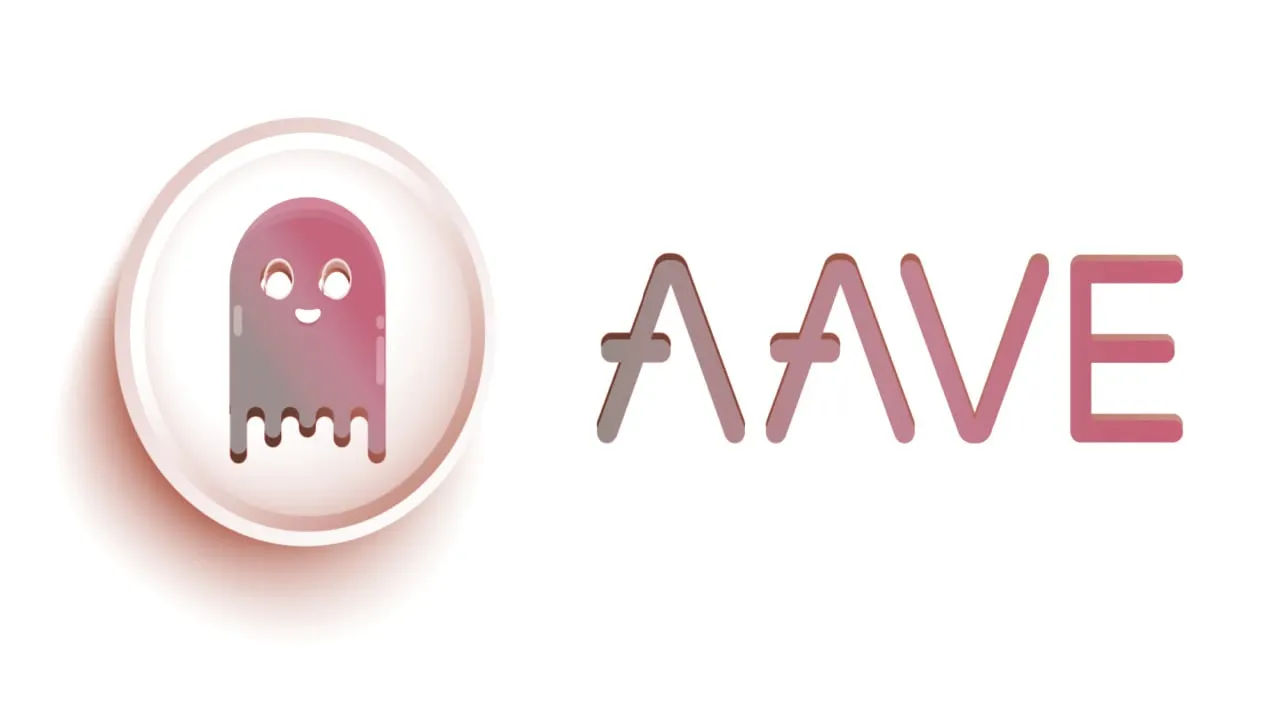First proposed in November 2021, Aave’s latest upgrade is finally here.
Launched earlier this month, V3 of the DeFi lending protocol has already raked in more than $143 million across the first seven assets listed.
Though the asset list is far shorter than the previous iteration, the project’s founder and CEO Stani Kulechov says this upgrade is all about managing risk.
“The DeFi space itself has been growing significantly, so we’ve seen more and more value at stake,” said the founder. “Because of that, and especially with the DeFi summer explosion in 2020, what we wanted to do is to create a version of the Aave protocol that basically has different kinds of security features, ensuring that the risk management is as optimized as possible for the community.”
New features like Isolation Mode, for example, will let the protocol safely onboard what Kulechov calls long-tail assets without putting the entire protocol at risk. These would be tokens that have low liquidity, subjecting them to extreme volatility.
Assets added in Isolation Mode have a specific debt ceiling and can only be used to borrow stablecoins, which are defined by the Aave governance community. A debt ceiling refers to exactly how much money can be borrowed using these kinds of long-tail assets as collateral. With this update, Kulechov says the protocol “can silo the risk away.”
After the security optimization, the latest upgrade is also introducing a new portal feature that will let users move assets across different markets on different blockchains. "In the portal feature, you can move assets from Ethereum to Polygon, Polygon, to, let's say, Avalanche, pretty much instantly," he said.
But perhaps the most interesting feature is one will let Ethereum bulls lever their bets using so-called liquid staking derivatives.
High-efficiency lending and borrowing
Ethereum has emerged as the largest market ($59 million) on Aave’s latest upgrade, but shortly after comes Lido Finance’s Staked Ethereum (stETH) ($54 million).
By depositing Ethereum into Lido, you can earn a yield (sourced from validators securing the proof-of-stake network) and you also receive that stETH token as a sort of receipt for your deposit. You can then use that stETH elsewhere in the world of DeFi to keep earning your yield.
It’s not the only version of staked Ethereum, either; in fact, there’s a whole index that’s batched all these assets together. Collectively, the crypto community has called these tokens liquid staking derivatives or LSDs, and they’ve attracted a huge amount of attention since Ethereum executed the merge last September.
Now, thanks to Aave’s latest upgrade, you can take this same bet even further using the protocol’s new High-Efficiency Mode. This mode lets users lend and borrow like-pegged assets such as various stablecoins or staked Ethereum products.
“That LSD represents the value of what you staked and you can actually rehypothecate the value by using it as collateral,” Kulechov told Decrypt.
Here’s how it works: Deposit your Ethereum in Lido Finance to receive stETH; use that stETH to borrow more Ethereum on Aave; restake the Ethereum on Lido and repeat the cycle. This kind of crypto-finance voodoo is also referred to as capital efficiency.
This is especially interesting for users when faced with a bear market. Instead of selling your holdings and incurring a loss, said Kulechov, you can borrow against them.
“When the market trend is going upwards, they might actually use to borrow with their collateral more, like stablecoins or ETH, and buy a specific asset,” he said. “They leverage their holdings based on the market cycle.”
And as this trade emerges, Kulechov suspects that it’s going be quite trendy moving forward.
“We’ve already seen a proposal from the Coinbase team to list the cbETH, which is Coinbase’s staking derivative,” he said. “That allows you to be more capital efficient with the staking assets that you might have as a user.”
Judging by the current results of the proposal, a whopping 99% approval, users appear eager to onboard the asset as soon as possible.

